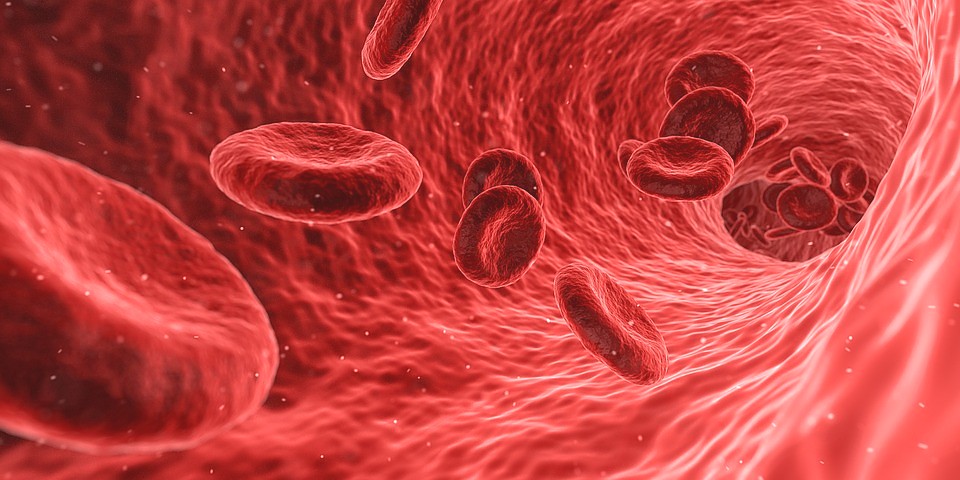Haematologists are pushing for the formation of national treatment guidelines to improve access to care and treatment for haemophilia and sickle cell disease. A Haematologist at Muhimbili National Hospital (MNH), Dr. Stella Rwezaura made the call yesterday in Dar es Salaam while presenting "Accelerating Access to Blood Disorders care in Tanzania and Kenya" project implementation status.
"Having guidelines is critical because they will clarify the suggested treatment alternatives, thereby improving patient conditions throughout the country," she said. Dr. Rwezaura, who is also the project coordinator, stated that improving Non-Communicable Disease (NCD) strategy plans for haemophilia and sickle cell anaemia in Tanzania and Kenya, where the project is implemented is equally vital.
The three-year joint project launched in November 2020 is a collaboration of Kenya Haemophilia Association (KHA), Novo Nordisk Haemophilia Foundation (NNHF), Novo Nordisk Foundation (NNF) and MNH. She said the project focuses on four areas, which are capacity building, diagnosis and a national registry of haemophilia, education, empowerment and advocacy.
According to her, the project's goal is to create six haemophilia clinics in Tanzania, one situated at MNH will be a comprehensive facility and the others would be satellite clinics. "The MNH clinic has been completely renovated, and satellite clinics such as the Kilimanjaro Christian Medical College (KCMC), Bugando Medical Centre (BMC), Benjamin Mkapa Hospital (BMH), Mbeya Referral Hospital, and Morogoro Regional Hospital have been renovated at various levels, and all regional hospitals from Tanzania's 30 regions will benefit," she said.
She said the project had approved an initial grant of 181m/- for all target centres to purchase equipment, reagents, and consumables, while MNH Comprehensive Clinic received 80m/- for reagents and consumables and 10m/- for remodelling the laboratory to accommodate space for haematology tests. Dr. Rwezaura further stated that BMH will receive 15m/-, BMC (23m/-), KCMC (15m/-), Morogoro Hospital (17m/-), and Mbeya (18m/-) for reagents and consumables to be supplied in each centre.
Dr. Kibet Shikuku, Chairman of the Kenyan Heart Association, stated that the project will establish a national blood disorders programme and build coalitions with patient organizations representing different blood illnesses in Kenya. "We will also form strategic alliances and fight for better care," Dr. Shikuku added. "The plan is also to meet with government officials and get involved in the East Africa NCD coalition and the Africa NCD alliance."
Deputy-Director of NCD in the Ministry of Health, Community Development, Gender, Elderly and Children, Dr. James Kihongolwe commended the component of the project to establish a national registry of haemophilia. "The register plays a critical role in the management of haemophilia and other inherited bleeding disorders, representing powerful tools to support healthcare and research, he said."
Prof. Lawrence Museru, MNH Executive Director, had stated that haemophilia is one of the neglected diseases with a high treatment cost. "This project is a boost to patients and the country as a whole. Because medication therapy costs 240m/- per year for a person with haemophilia, it is critical to make it available and accessible in different parts of the country," he stated.
